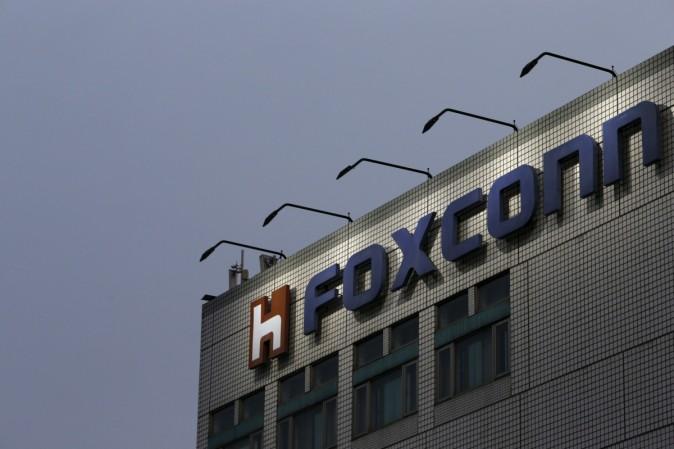Apple Inc fans have a reason to rejoice as high-end phones of the technology major may see a price cut after contract manufacturer Wistron starts making them in India. In a move that will also provide impetus to the government's Make in India initiative, the information technology ministry has approved the contract manufacturer's Rs 51 billion plan to assemble premium models like iPhone XS, iPhone XS Max and iPhone XR in the country. Currently, Wistron only assembles lower-cost iPhone SE and 6S models for the California-based company in Bengaluru.
"We have just approved Wistron's Rs 50.9 billion application and it is with the Cabinet now... Wistron will make the latest iPhone models," IT minister Ravi Shankar Prasad told The Economic Times.
The move gains significance as Apple's strategy has been largely focussed on lower-end phones in India, with local assembly helping in bypassing import duties, which results in low retail prices. India levies import duties on mobile phones manufactured abroad, such as the iPhone, and Apple passes on the additional taxes to customers through high prices. For example, the XS in India starts at Rs 99,000 ($1,414), while the same phone retails at $1,099 in the US.
Not Just Wistron
Wistron is not alone, Apple's other contract manufacturer—Foxconn—too plans to start assembling pricier models of iPhone in the country in 2019. Taiwan-based Foxconn, the largest electronics contract manufacturer in the world, currently makes phones for Xiaomi Corp in India. The company will invest Rs 25 billion to expand its plant in Sriperumbudur to fulfil the increased demand from Apple. Foxconn has submitted an application for a Rs 25 billion project on December 31, the minister confirmed in the interview.

Booming production of mobile phones has come as a shot in the arm for the government, which has been trying to promote electronics manufacturing in a bid to generate employment and boost exports. Last month, the Cabinet had approved a new electronics policy with an aim to create a $400 billion electronic manufacturing ecosystem by 2025 and generate 10 million jobs in the country.
India is, however, facing a tough challenge from China, which is giving additional incentives to manufacturers in order to maintain its leadership position in electronics manufacturing. The government is not losing sleep on additional incentives being given by China as India has other differentiating advantages.
"Openness of India's democratic polity, where creativity is recognised and respected, adds its own incentive," Prasad said. "We gave little incentive and you saw how many people came." Elaborating further, the minister told, "A burgeoning workforce, English fluency, skilled workers in plenty and the fastest growing smartphone market in the world are India's biggest advantages."


















